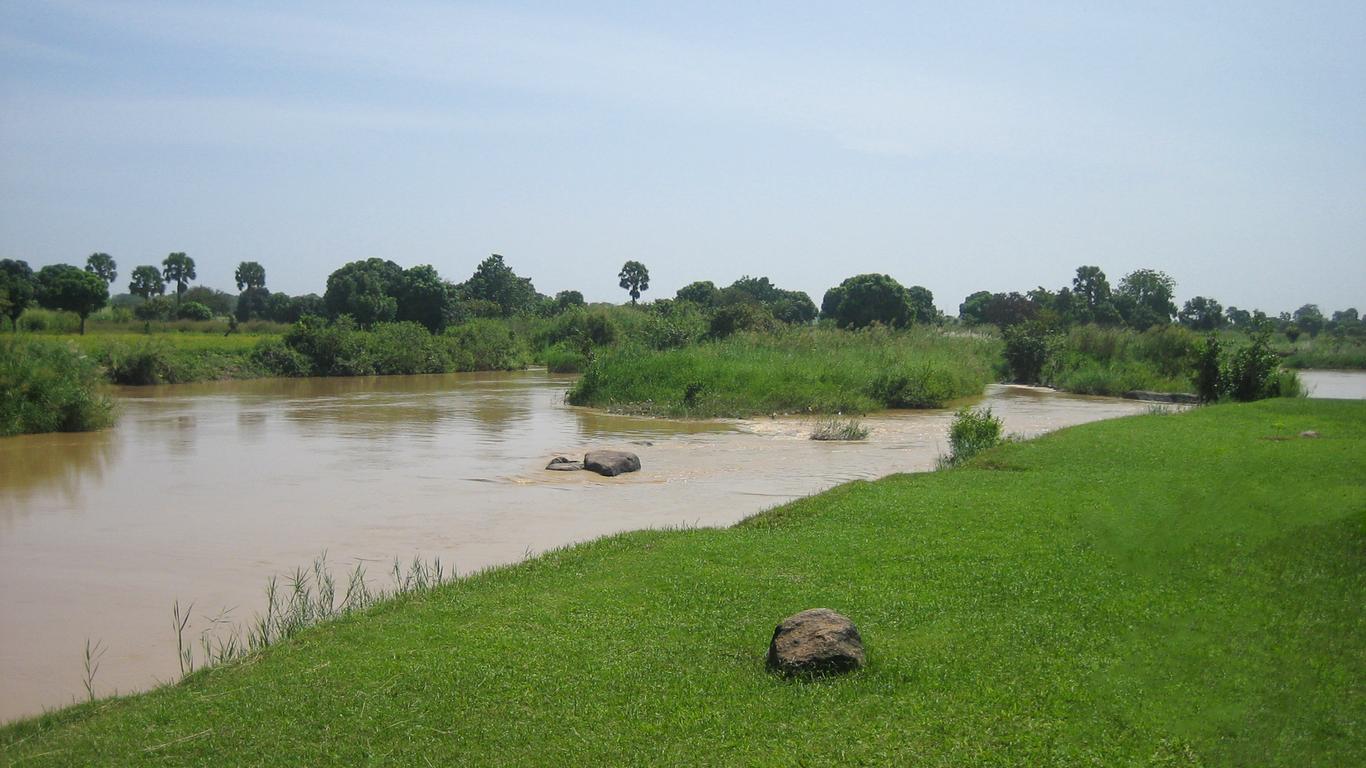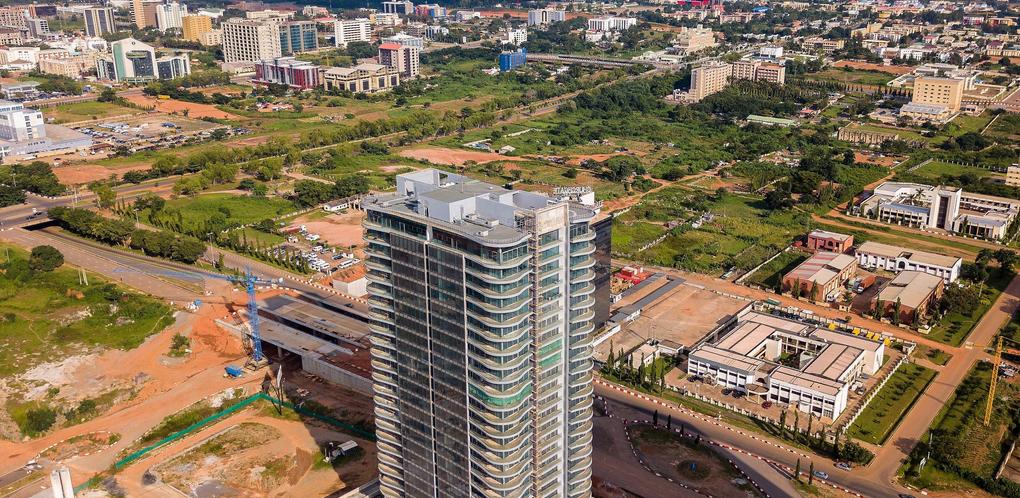
Nigeria travel guide
Nigeria Tourism | Nigeria Guide
You're Going to Love Nigeria
Bursting with Africa's largest population and more than 250 ethnic groups, Nigeria has a dynamic atmosphere and thriving economy.

In major cities, such as Lagos and Kano, you'll find a modern wave of trendy restaurants and creative hubs, while regional villages along the Niger River demonstrate more traditional lifestyles that are heavily based around agriculture.
What to do in Nigeria
1. Get Some Fresh Air in the Lekki Conservation Centre
The 190-acre reserve is packed with flourishing biodiversity and has the longest canopy walkway in Africa (1,315 ft). Among the endangered species that are cared for are crocodiles, monkeys, mongooses, and squirrels.
2. Marvel at the Nike Art Gallery
Spread across four floors, the breathtaking collection of West African artwork includes textiles, sculptures, paintings, beadwork, and carvings.
3. Discover Traditions in Oshogbo
The city holds great spiritual significance to the Yoruba people. Learn more about the oral language and traditions that have evolved since the Oyo Empire in the 12th century.
4. Indulge in Nigerian Cuisine
Tantalizing food is around every corner and plates are stuffed with flavored spices, bean stews and aromatically barbecued meats.
5. View the Revival of Benin City
Once a prosperous municipality that was the heart of the Kingdom of Benin, much of the city was destroyed and looted by British crusaders in 1897. Steadily it has resurrected, and the active growth is inspiring to witness.
When to visit Nigeria
The most pleasant time of year is between November and March when the climate is dry and average temperatures sit around 90°F. Areas in the north near Kano are drier and can experience extreme heat waves during summer, making April to June more comfortable.
How to Get to Nigeria
Entry Requirements
Unless you are a citizen of a West African State, you must apply for a visa before arriving. A standard tourist visa costs approximately 57,840 NGN (160 USD).
Plane
It is possible to fly directly to international airports in the cities of Enugu, Port Harcourt, Lagos, Kano, and Abuja. Carriers such as Arik Air, British Airways, and United Airlines help service the routes to destinations that include New York, London, Paris, Beijing, Doha, and Dakar.
Train
Although there are cargo trains available, passenger services are not scheduled into Nigeria.
Car
A popular border crossing is from Porto-Novo in Benin along the RNIE1 highway. Traveling from Niger and Chad by car is not recommended due to security concerns.
Bus
A direct bus can be caught from the Ghanaian city of Accra to Lagos, taking about 9h 30m and costing roughly 12,000 NGN (33 USD).
Boat
A 5h ferry runs from Limbe in Cameroon to Calabar twice per week and costs approximately 6,000 NGN (17 USD).
Popular airlines serving Nigeria
Where to stay in Nigeria
All hotels require upfront payment each night and popular districts within Lagos are Victoria Island and Ikoyi. Nassarawa and Kano are fantastic areas of Kano due to their public transport connectivity and trendy accommodation.
Where to stay in popular areas of Nigeria
Most booked hotels in Nigeria
How to Get Around Nigeria
Public Transportation
Buses are the primary mode of transport in most cities. However, Abuja has a light rail system, which was launched in 2018 and connects Nnamdi Azikiwe Airport to Abuja Metro Station in 40m, with single fare tickets costing roughly 1,000 NGN (3 USD).
Trains
Many cities and regional villages are serviced by an extensive network that includes junction stations in Lagos, Agege, Kaduna, Abuja, and Kafanchan. Economy, First Class, and Sleeper cabins are available with a trip from Lagos to Kano costing approximately 6,900 NGN (19 USD).
Bus
Intercity services depart from transport hubs known as motor parks, and a range of vehicles, including modern buses, minibuses, and bush taxes, are available.
Plane
Arik Air is one of the most prevalent domestic airlines and links more than 15 cities, including Abuja, Enugu, Kaduna, Lagos, and Benin. Flights can be purchased from around 20,000 NGN (55 USD). Other Nigerian based carriers include Aero Contractors, Azman Air, and Max Air.
The Cost of Living in Nigeria
A meal at a cheap restaurant can cost as little as around 500 NGN (1.40 USD). Nigeria is almost an entirely cash-based society and credit cards are seldom used in the country. You can exchange your money at the currency exchange at the airports, or at your country of residence, well in advance of your trip.